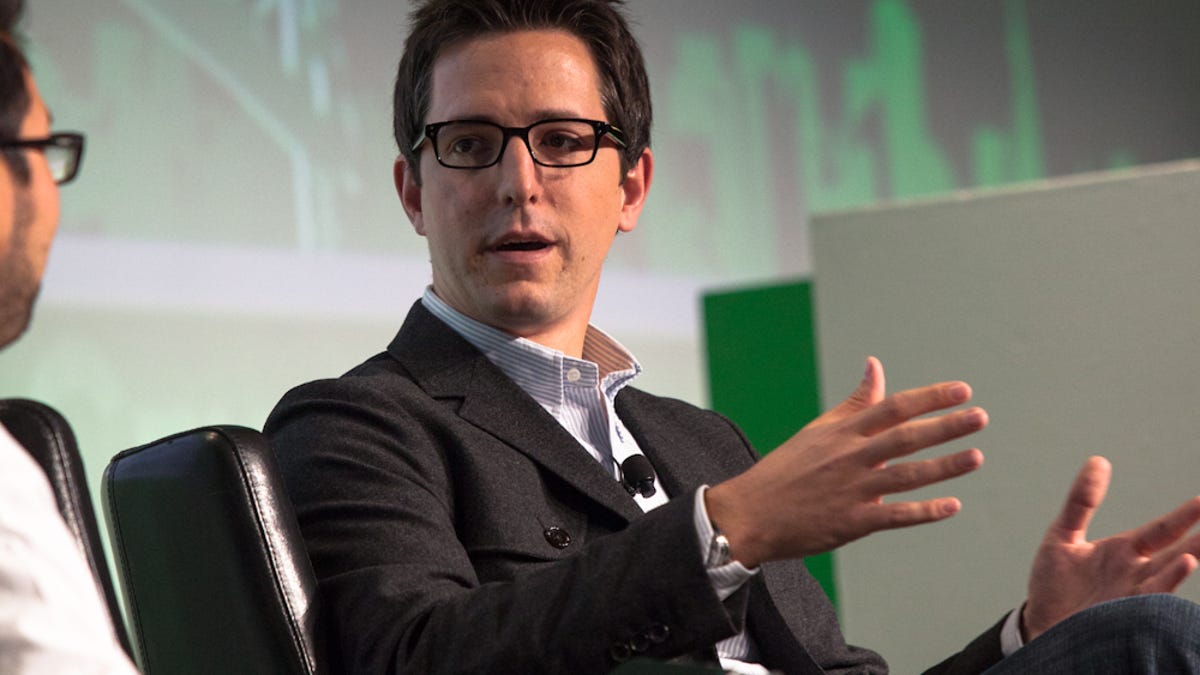Path plots subscription service for 2nd quarter
What's the cost of doing business in the face of Facebook? Path aims to find out with a paid model of its personal social network.

Path, the social network designed to be more personal than Facebook, will be launching a subscription service in the second quarter of this year.
Path co-founder and Chief Executive Dave Morin told CNET that a premium paid version is the next step for monetizing the young app, but he did not reveal what features users would paying for in a subscription, or how much it would cost.
Launched in 2010, Path is an app that's marketed as a network just for close friends and family members, limiting users to 150 friends. Because of that, it encourages users to share more than they might want to on networks like Facebook, including regular updates on their location.
"We're trying to build a home," Morin said. "That feeling you have at the dinner table with your family and being able to share and be yourself."
In a world where Facebook is still the dominating network, companies like Path reach for extremes in reaching out to new audiences -- and new methods to monetize.
A subscription service wouldn't be the only way Path is earning revenue. Morin said Path is focused on virtual goods. The ad-free service has sold photo filters for 99 cents each, and recently began selling expressive cartoon images as stickers to send in private messages. Morin said that stickers, costing $1.99 a pack, have generated more revenue for Path in a few weeks than photo filters did in an entire year.
Path has raised a total of $41.2 million in funding so far. Morin sees Path as following the footsteps of apps like Evernote and Spotify, which have seen success in converting users to pay for premium features.
As of last month, 76 percent of revenue from apps on iTunes came from in-app purchases, according to app analytics firm Distimo. That's up from 53 percent in January 2012. Now more than ever, it seems plausible to make money on an app and not depend on advertisements.
But succeeding as a social network in the age of Facebook -- which has a daunting billion or so users -- still requires a large user base. Of Path's 7 million registered users, about 3.5 million are active monthly, and roughly 875,000 users are active daily. But the demographic is beginning to change.
Most users have been over the age of 25. In the past three months, Morin said more high school and college students have signed up, and it's increased even more in the past month since Path added a private messaging feature.
Teenagers are jumping on Path for reasons that may conflict somewhat with Morin's goal in creating the app -- to get away from parents and family that are on Facebook.
"They want a place where their parents are not," Morin said. "The private and limited nature of the app does speak to that demographic."
It's a demographic that is tiring of Facebook and flocking to alternative networks like Instagram, SnapChat and Pheed.
Path has also found itself needing to be pushy to get attention from those comfortable with Facebook. The app has an easy -- perhaps almost too easy -- way to alert friends about the app. If a user is too quick to hit "Next" when searching for friends in the set-up process, an invite to Path can accidentally be sent to all phone contacts via SMS or e-mail. (And not everyone in a phone book might be someone you want to talk to on Path.)
Path faces a perception of playing loose with privacy. In February, the network agreed to pay $800,000 to the U.S. Federal Trade Commission to settle charges that it deceivingly collected user address book data without notification.
As it moves beyond privacy issues, Morin said getting the word out about Path is one of the biggest challenges, and the app is trying to make it more simple share invites for the app with friends.
"That's kind of the hard part of building a social network," Morin said. "Without friends, it's not very fun."

